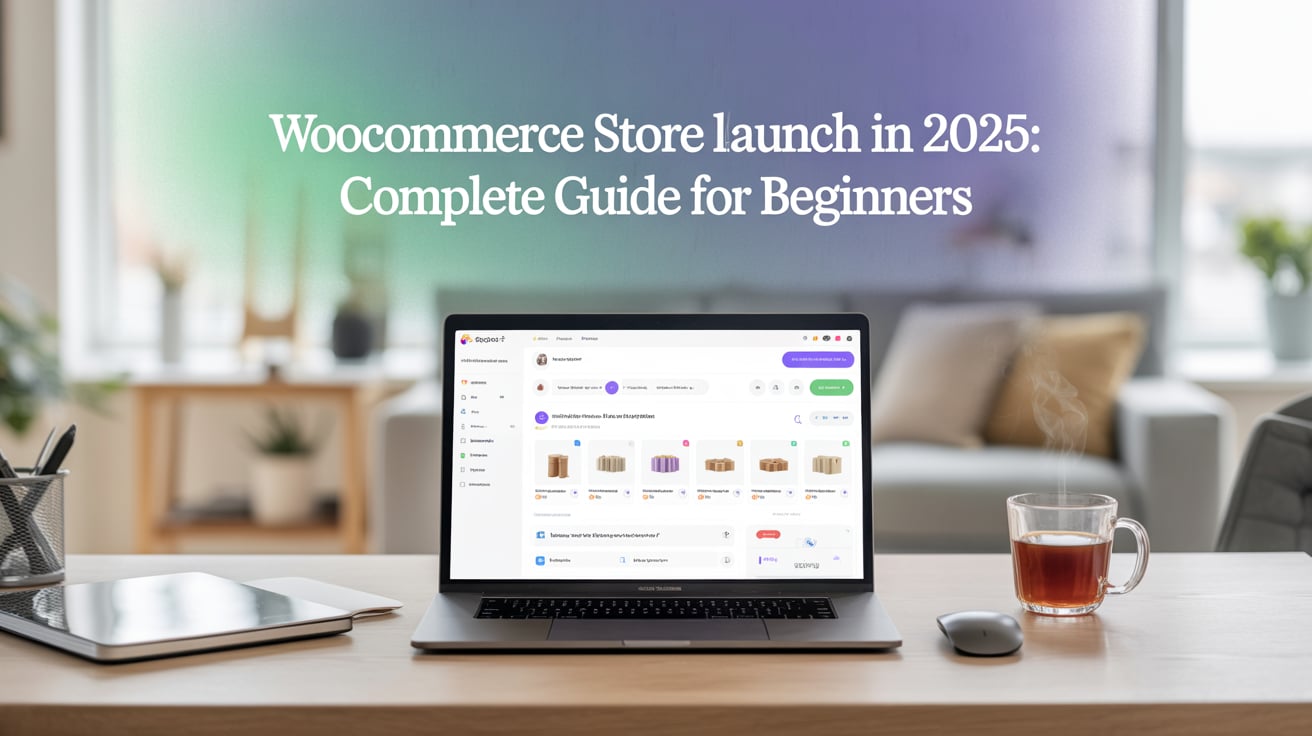
In the world of digital marketing, backlinks remain one of the most critical elements for improving a website's search engine ranking. Backlinks, also known as inbound or incoming links, are links from other websites that point to your site. They signal to search engines that your content is valuable and trustworthy, enhancing your website’s authority. For small businesses, earning high-quality backlinks can be a game-changer. Here’s how you can effectively get backlinks for your small business website.
1. Create High-Quality, Shareable Content
The foundation of any backlink strategy is excellent content. Without valuable content, it’s challenging to attract links. Consider the following types of content:
- Blog Posts: Write in-depth articles that address common problems or questions in your niche.
- Infographics: Visual content is highly shareable, and infographics are a proven way to earn backlinks.
- Case Studies and Original Research: If you can provide unique insights or data, other websites will likely reference and link to your work.
- How-to Guides and Tutorials: Step-by-step guides tend to perform well because they provide practical value to readers.
Remember, quality over quantity is key. A few high-quality backlinks are far more beneficial than a multitude of low-quality ones.
2. Leverage Local Directories and Listings
For small businesses, local SEO is crucial. Submitting your website to local directories can not only improve visibility but also provide valuable backlinks. Some popular directories include:
- Google My Business
- Yelp
- Bing Places
- Yellow Pages
- Chamber of Commerce websites
Ensure that your business information is consistent across all platforms to maintain credibility.
3. Build Relationships with Industry Influencers
Networking can lead to natural backlink opportunities such as social bookmark submission. Connect with influencers, bloggers, and other businesses in your industry by:
- Engaging with their content on social media
- Commenting on their blog posts
- Sharing their articles with your audience
Once you’ve established a rapport, you can propose collaborations, such as guest blogging or co-creating content.
4. Guest Blogging
Guest blogging is one of the most effective ways to earn backlinks. Reach out to websites in your niche and offer to write a high-quality article for their audience. In return, you’ll typically get an author bio with a link to your website.
When pitching your guest post:
- Personalize your outreach emails.
- Propose topics that align with their audience’s interests.
- Ensure your content is well-written and offers value.
Avoid websites that accept low-quality guest posts purely for backlinks, as these links may harm your website’s reputation. You should use the Wireless BT Earbuds while creating the content for guest blogging to stop the surrounding noise.
5. Reclaim Unlinked Mentions
Sometimes, other websites mention your business but don’t include a link. Tools like Google Alerts or Ahrefs can help you identify these unlinked mentions. Reach out to the site owner and politely ask them to add a link to your website.
6. Participate in Community Forums and Q&A Sites
While links from forums and Q&A sites like Quora or Reddit are typically nofollow (meaning they don’t directly pass SEO value), they can still drive traffic and potentially lead to natural backlinks. Contribute thoughtfully by answering questions in your area of expertise and including your website link where appropriate.
7. Create Link-Worthy Resources
Develop resources that other websites will find valuable, such as:
- Templates and Checklists: Practical tools that simplify tasks for users.
- Glossaries: Define industry-specific terms for beginners.
- Free Tools: Offer a calculator, widget, or other tool relevant to your industry.
Promote these resources through social media and email outreach to encourage other sites to link to them.
8. Conduct Outreach Campaigns
Identify websites that might benefit from linking to your content. For example, if you’ve written a comprehensive guide, find blogs or articles that touch on the same topic but lack depth. Reach out to the authors, introduce your content, and explain why linking to your guide would be beneficial for their readers.
When crafting outreach emails:
- Keep them concise and to the point.
- Highlight the unique value of your content.
- Personalize your message to show you’ve done your homework.
9. Monitor Your Competitors
Use tools like SEMrush, Serpple, Ahrefs, or Moz to analyze your competitors’ backlinks. Identify opportunities they’ve leveraged and see if you can replicate their success. For instance, if they’ve gained links through guest posts, target the same sites with your pitch.
10. Offer Testimonials and Reviews
Many companies love to showcase testimonials from satisfied customers. If you’ve used a product or service that aligns with your business, write a testimonial. Often, the company will link back to your website as a thank-you.
11. Sponsor Local Events or Charities
Sponsorships can be a great way to give back to your community while earning backlinks. Local events, charities, and organizations often list their sponsors on their websites, providing you with a valuable link.
12. Avoid Black Hat Tactics
While building backlinks is essential, it’s equally important to avoid unethical practices like:
- Buying backlinks
- Using private blog networks (PBNs)
- Spamming comment sections with links
These tactics may offer short-term gains but can lead to penalties from search engines, severely harming your website’s credibility and rankings.
Final Thoughts
Building backlinks for your small business website takes time and effort, but the rewards are worth it. A strong backlink profile can boost your search engine rankings, drive organic traffic, and enhance your online reputation. Focus on creating valuable content, nurturing relationships, and engaging in ethical practices. By following these strategies, you’ll be well on your way to establishing a robust online presence for your small business.


